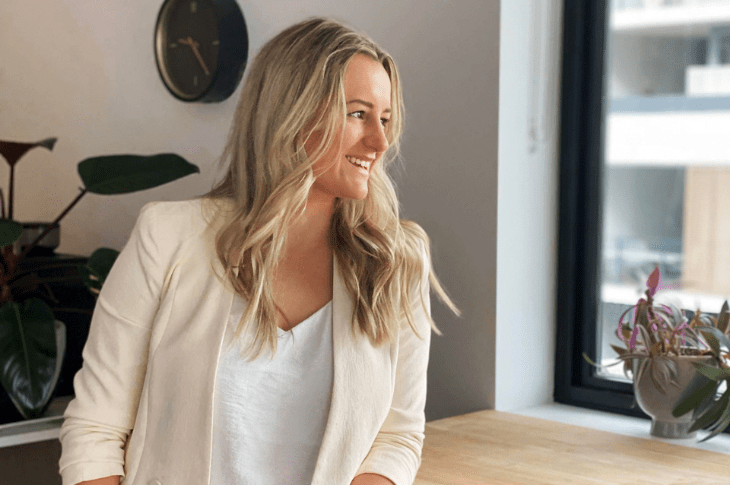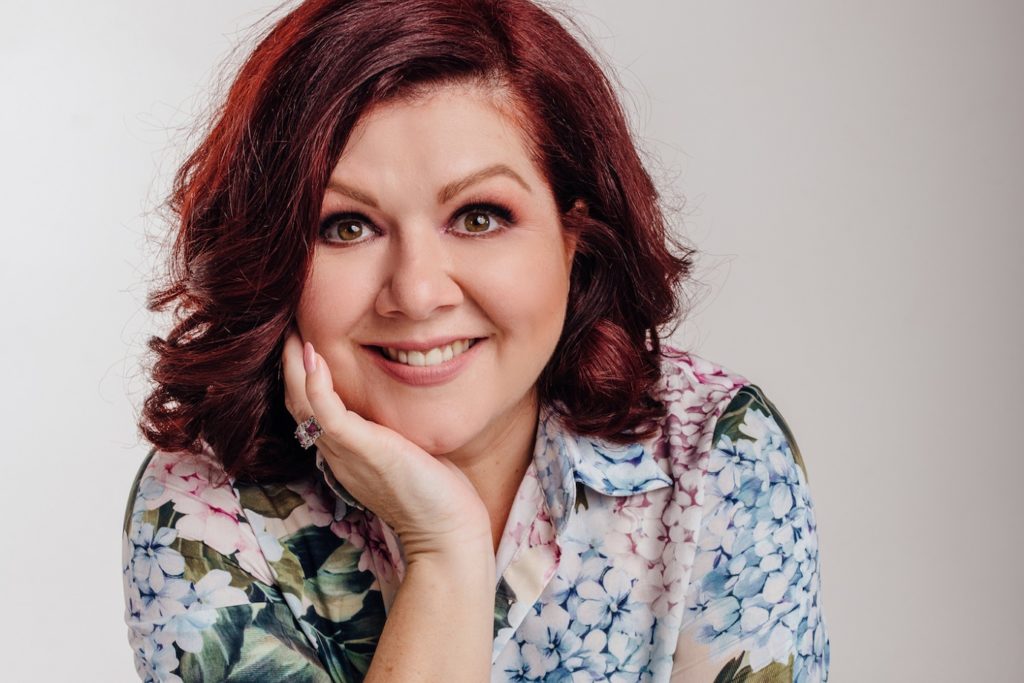We’ve partnered with Freelancing Gems to share the first part of this new content series on opportunities for women (and employers) in rethinking traditional work structures.
Four-day work weeks are making headlines across the globe.
Belgium is the latest country to embrace the trend with the nation’s Prime Minister, Alexander De Croo, saying his government’s newest priority is to make its people, and businesses, stronger.
Some of the largest companies in the world have jumped on the idea too, like Microsoft, who trialled a four-day work week in its Japanese offices in 2019, and found employees were not only happier, but 40 per cent more productive.
In a pandemic world, where frontline workers are exhausted from years of non-stop pressure, and many other workers have been reconsidering what their relationship with work could look like — is a shortened, more flexible work week the way of the future?
Fleur Madden, co-founder and CEO of Freelancing Gems, Australia’s only jobs platform and community for female freelancers, that matches consultants and sole traders with Australian employers, certainly thinks so.
“The pandemic has caused many of us to contemplate how we work, our relationship with work, what we want from work and how we balance our lives,” Madden told Women’s Agenda.
“We have learnt a lot over the last few years and while we are in recovery mode, if we keep innovation at the forefront and we shift the narrative to outcomes, and not hours, it is a whole new world.
“The four-day work week has been trialled around the world with overwhelming positive results.”
It’s something that’s worked for Brittany Wright, a Brisbane-based graphic designer and Freelancing Gems member, who has created a shortened week for herself, juggling her own business called Brittany Wright Design, and a part-time role at a creative agency.
“I was thrown into the flexible working world during the start of the pandemic when my role was made redundant. I was 6 weeks pregnant with my second son at the time so I had to find a working arrangement that would suit me in the months and years to come,” Wright explains. “I worked for myself for almost two years before recently introducing another part-time role into the mix.”

Wright says when she’s working for her own clients a couple of days per week, she focuses on getting all necessary tasks completed, rather than limiting her earning potential to the hours she’s worked. Meanwhile, her part-time role has more structured hours. She says it’s a much happier way to live, compared to her previous full-time, corporate job.
“Working a shorter week has allowed me to spend more quality time with my family, feel a little less overwhelmed as a working mum of two, and I’ve even picked up a new sport, playing AFL Women’s,” Wright said.
“I don’t think I’d be able to do the juggle so well if I was back in my traditional corporate setting.
“I definitely think everyone could benefit from having more time for filling their own cup each week, allowing them to come to work recharged and ready to take on anything.”
Digital marketer and brand consultant Davina Lee made the move to a shorter work week after having her first baby and needing more flexibility to both look after her young family, and support her retired parents.
“The moment that prompted me to consider having a more flexible schedule was that my previous employer wasn’t open to me working from home and on a part time basis,” Lee tells Women’s Agenda.
“This moment triggered me to reinvent how I approached my career in a way that works with my life, not the other way around.”

Lee describes the benefits of owning her own work week as “empowering”, especially in being able to pursue her work and personal commitments, without the guilt.
She recalls a former working life, where working long hours were worn as a “badge of honour”.
“It took years of unlearning of this mentality and that work is not about the number of hours worked, rather it should be the quality of the output / outcome,” Lee says.
Fleur Madden is seeing a shift to shorter, more flexible work weeks across the community of women at Freelancing Gems.
“This shift has made it ok to ask for flexibility, remote work, and hybrid office situations,” Madden says.
“We don’t have to pretend we don’t have children or a family to get ahead. There is a balance between having a meaningful career and making solid commercial contributions and not needing to be in the office Monday to Friday, 9 to 5.”

So what can employers do who are looking to attract and retain the best possible talent in an increasingly tight market? Madden thinks employers need to create a space where employees aren’t penalised for “only” working certain hours and start championing the contributions they’re making.
“At Freelancing Gems, we are supporting wildly talented women to find their next role in a company that champions these changes to work,” she says.
“Our suggestions include starting to focus on outcomes not hours worked, set expectations on deliveries and deadlines, and rethink what success looks like.
“Remember, a four-day work week can be a powerful tool in attracting and keeping talent. Right now, it has never been harder to secure talent, and this might be just the benefits potential employees are looking for.”
Davina Lee also has some advice for making the four-day week work, long term.
“It works as long as we commit to our deadlines and manage this expectation with our clients and suppliers. It’s all about being honest and transparent in how we operate.”

